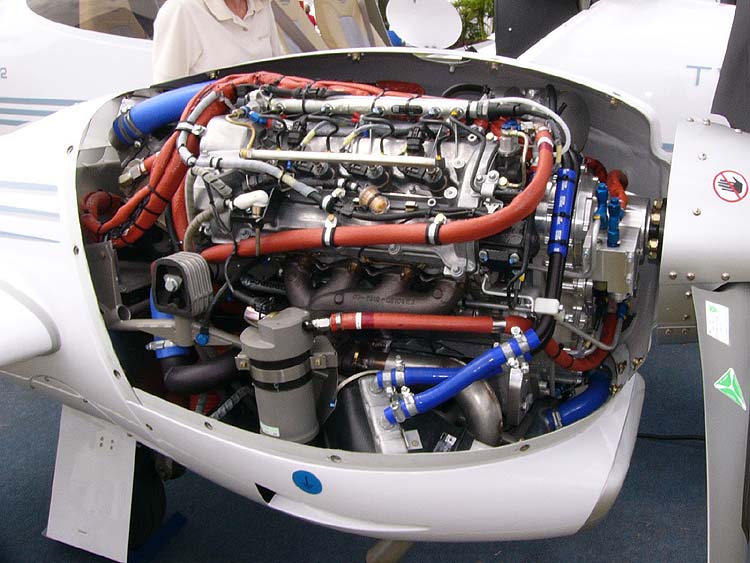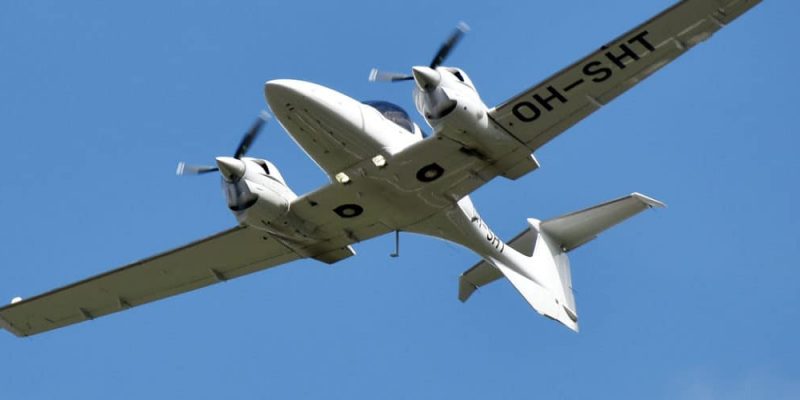Traditionally gasoline engines were used in aviation, but the major drawback of those engines that they contained lead in them. Diesel engines were developed to solve this problem. After its introduction, more and more planes started getting designed using diesel engines.
In this article, we are going to explore diesel engines in aircraft, there benefits and scope.
What Was the Problem with Avgas/Gasoline?
Plane engines run at higher temperatures and full power than automobiles. This results in the need for lubrication on these engines. The automotive fuel contains lead that is a power lubrication additive. There is a constant effort made to produce a stable and high-power unleaded aircraft engine.
Furthermore, automotive fuel leads to quality issues. The right handling of fuel and cleaning is very much needed in aviation. The presence of water in the fuel can lead to a serious safety risk.
Flight literacy is a trusted place to access a vast collection of learning material on aviation. The site aims at enhancing the knowledge of people by providing them well-researched and easy to understand information. Find more info here.

Another thing worth noting is that the gasoline fuel contains 100 octane low-leads. Due to the harmful impact of lead on the environment, the government in the US has enforced a ban on leaded fuels during the 1970s.
Due to this, the demand for lead-enriched fuel has reduced. The engines that used to run on automotive fuel have now started running on diesel.
What Are the Advantages of Using Diesel Engines?
- It has been seen that diesel engines are more efficient in operation.
- For the use in light aircraft engines, diesel can be adjusted to operate on jet fuel. This fuel is widely available and affordable than conventional aviation-grade gasoline.
- Several new diesel engines have got approved and certified in the past few years. They are designed in the form of a diesel-powered platform. One of the best examples of diesel engines is Diamond DA-42 Twin Star.
- Diesel engines use a high percentage of the available power of a fuel source. It is heavy in energy and causes the aircraft to operate remarkably efficiently.
What Are the Drawbacks of an Aircraft Diesel Engine?
The diesel engine also has its share of drawbacks. It is seen to present the following challenges for airplane operatives:
- Diesel is heavy in terms of the amount of horsepower it produces. A heavier engine implies fewer payloads for the aircraft, less baggage for civilian planes, less weight in passengers, and fewer armaments for a warplane.
- In addition to it, jet fuel is heavier compared to be avgas. Where jet fuel weighs around 7 to 8 pounds per gallon, gasoline weighs approx. 6 pounds per gallon. Over time, it leads to a significant reduction in the payload capacity of the plane.
Conclusion
A majority of companies and aircraft manufacturers are designing and endorsing diesel to replace their old gasoline-based engines. They are coming up with new and ground-breaking designs with new power plants. Diesel engines are a growing technology in light aircraft and will slowly make its way in high-end aircraft too.









Comments